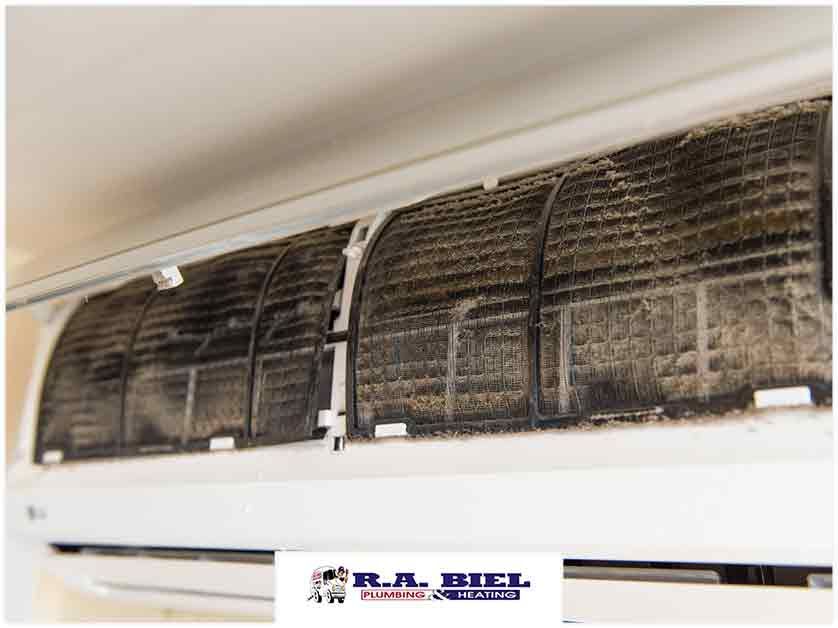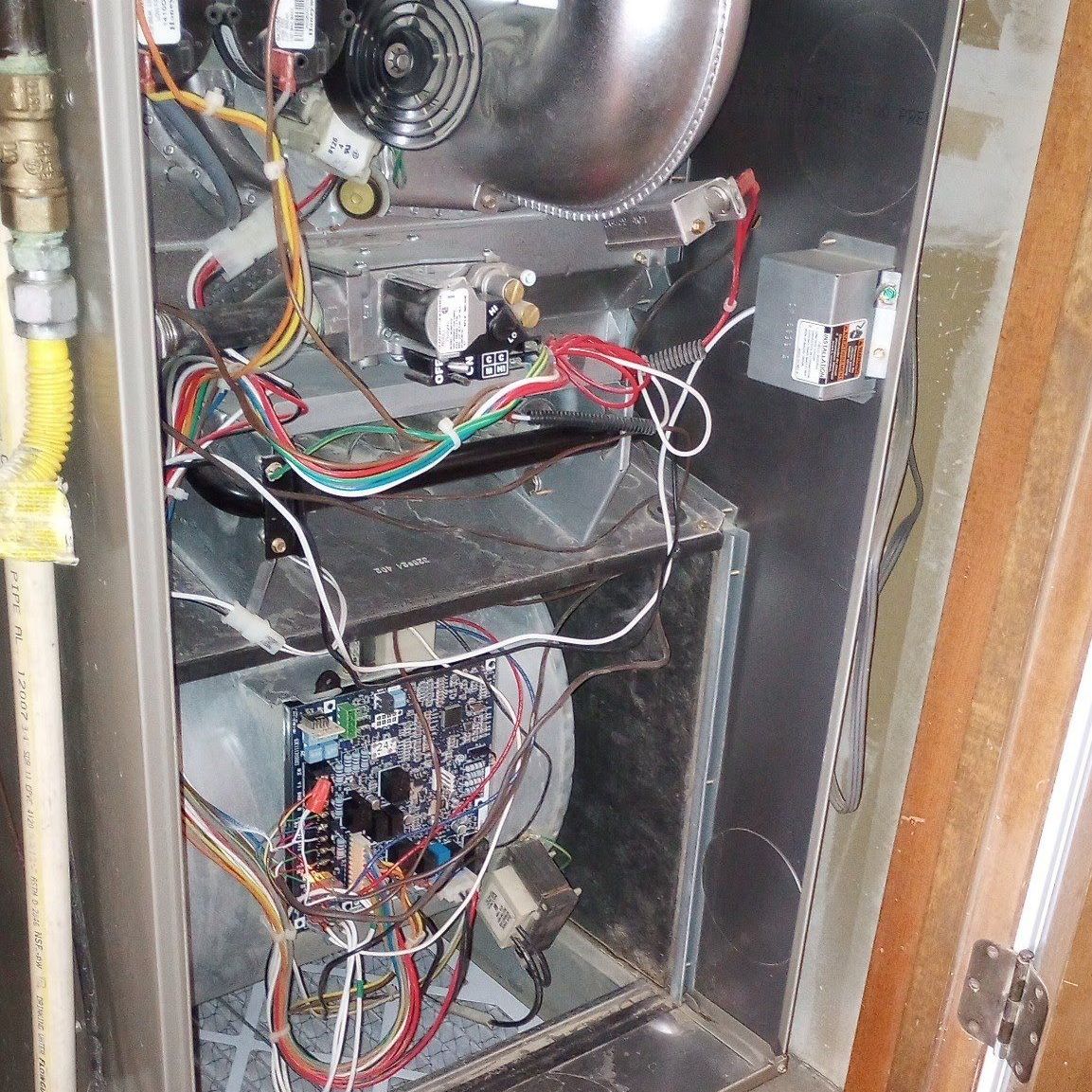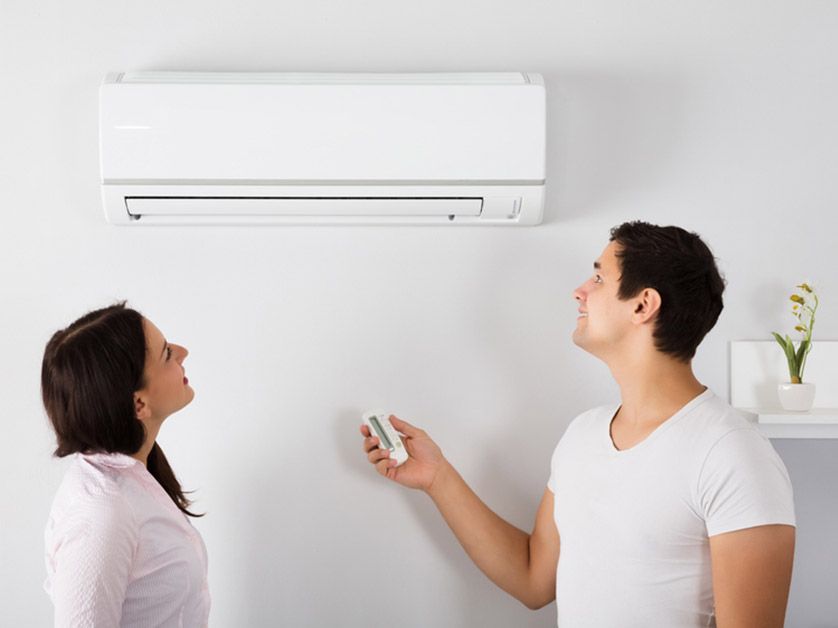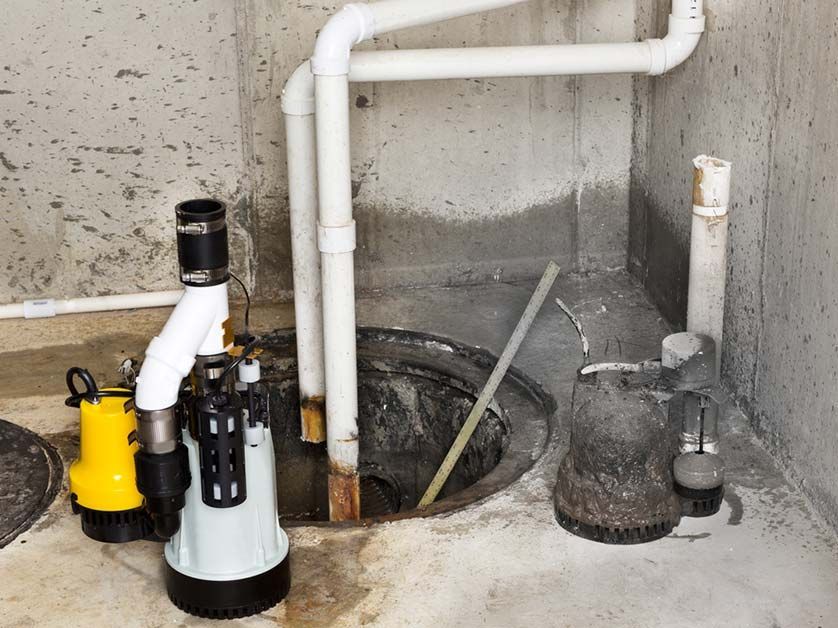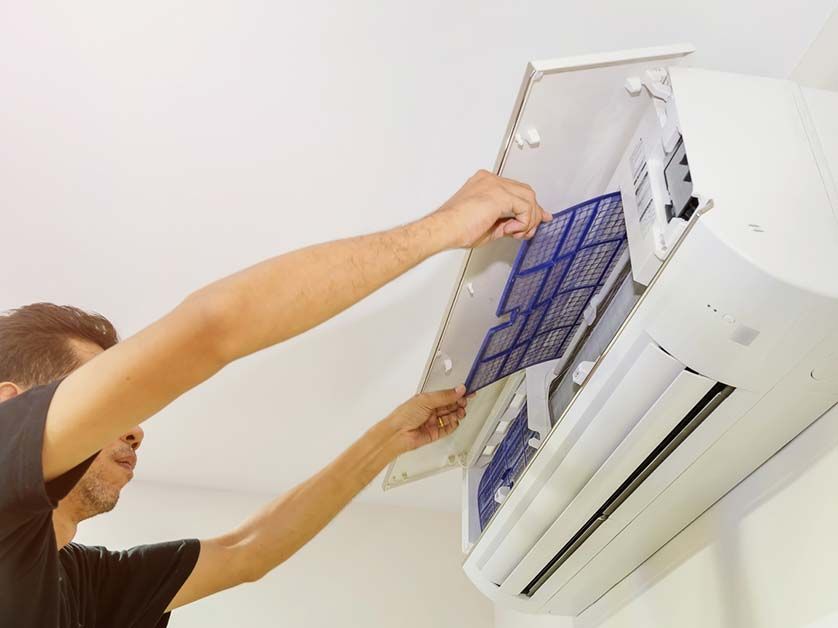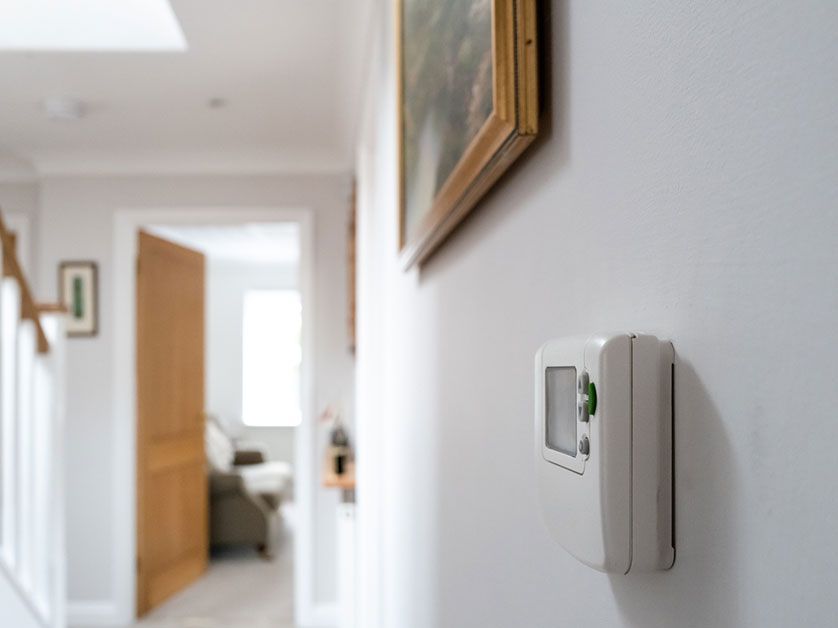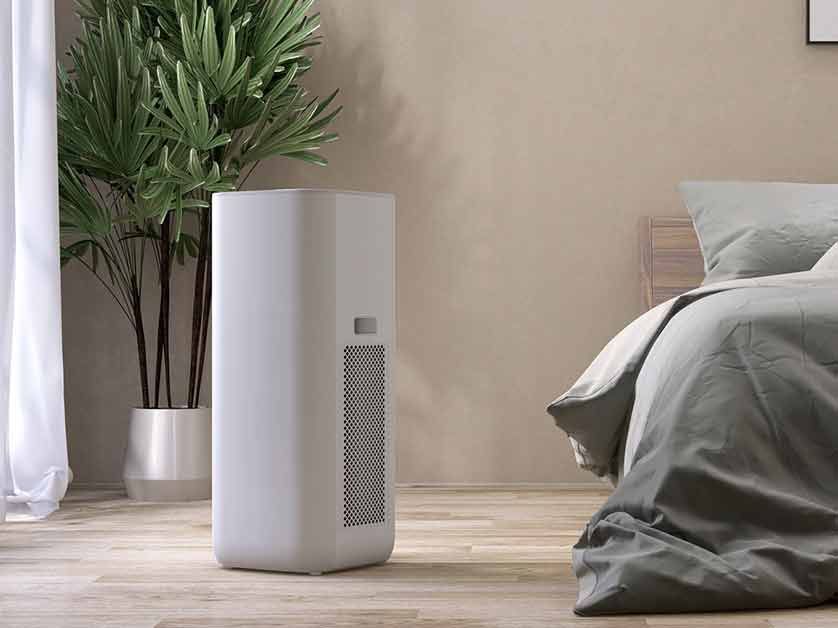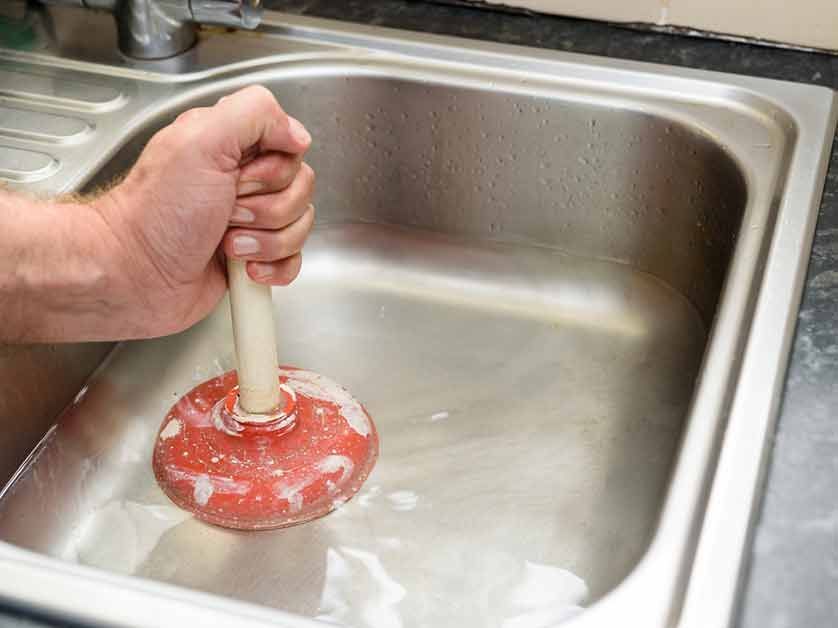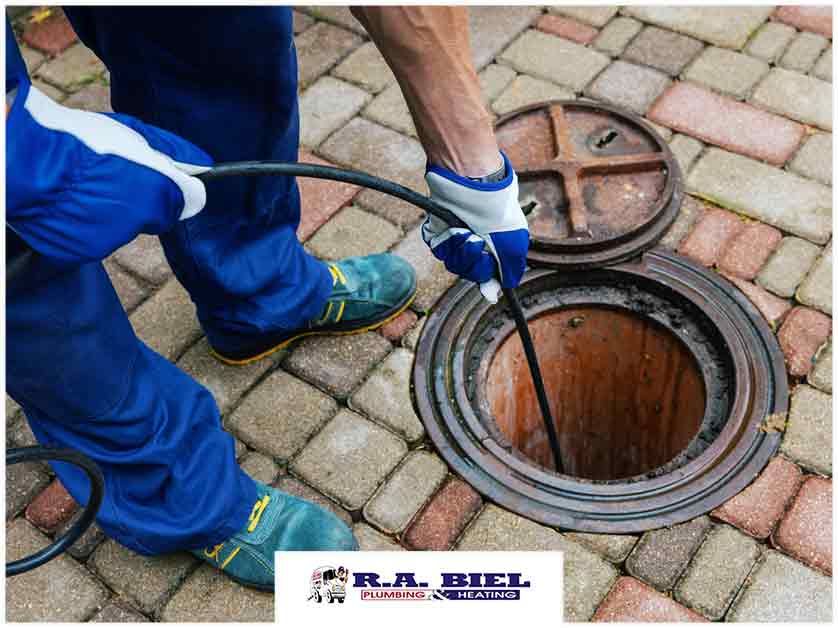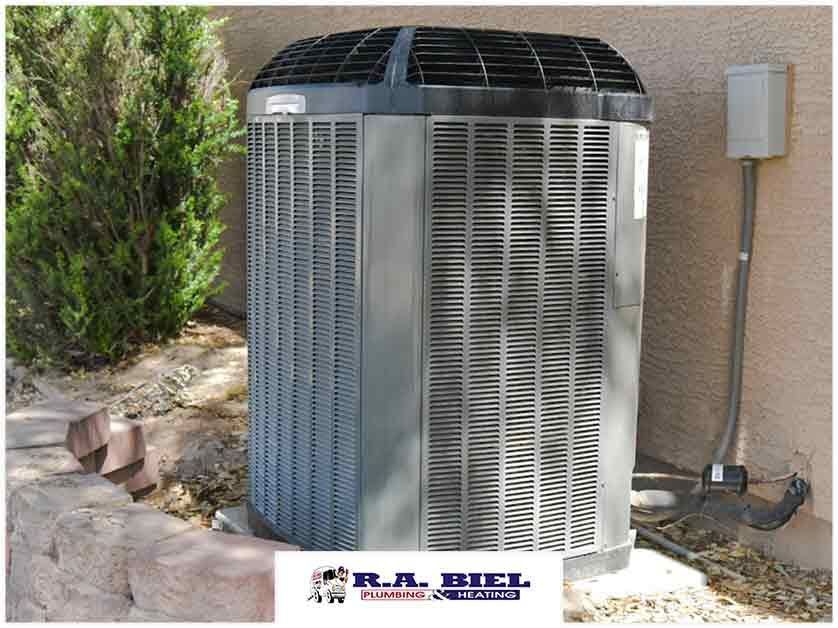Buying a Water Softening System: Practices to Avoid
Every homeowner hopes to utilize crystal clear water for their everyday activities. This desire has prompted people to explore different options when it comes to filtering hard water.
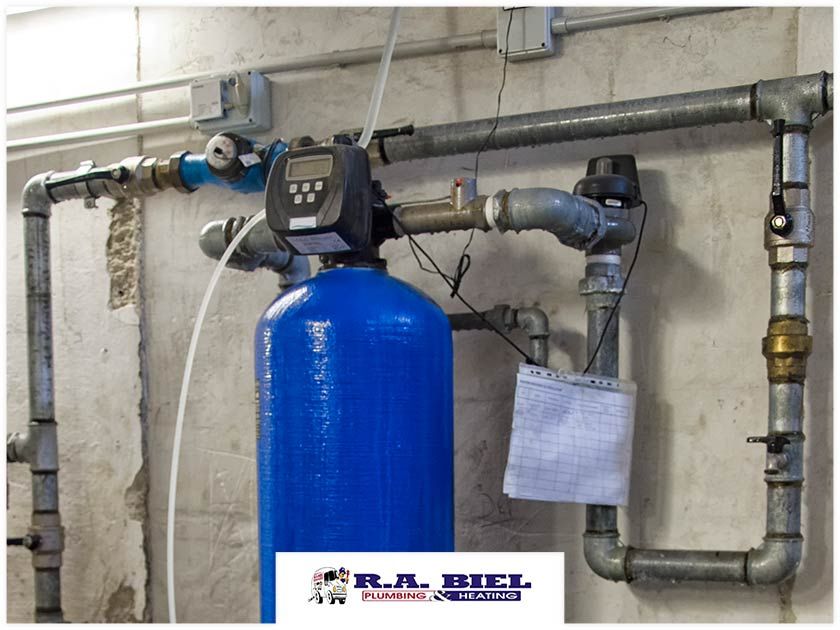
Have you heard of a water softener? It’s designed to remove the hard minerals that hinder your washing abilities and significantly increase your spending on utility bills.
Although just having this equipment is already advantageous, without the right tips, it’s likely that it will do more harm than good. As a guide, here drain and sewer repair expert R.A. Biel. Plumbing & Heating shares the common mistakes you should avoid to assure you’re using your system correctly upon purchasing.
Types of Water Softener Systems
Before delving into the practices homeowners shouldn’t follow, let’s discuss the importance of becoming familiar with this kind of equipment. Similar to other home components, there are different types of water softeners: salt-based, salt-free, water ion-exchange, magnetic and reverse osmosis.
Below heating repair and plumbing experts emphasize the significance of knowing what you purchase and provide an overview of each:
- Salt-based water softeners are the most common type in many U.S. households. These are typically used to soften and filter water. The system has water-softening salt pellets placed directly into the brine tank of the unit. Researchers have noted, however, that they can have adverse effects on a person’s health and their overall sodium levels when used.
- Salt-free or salt-less water softeners are systems using a filter with no potassium, salt or chemicals required. For most hard water applications, this system is perfectly adequate. It’s not often recommended for very hard water situations, though.
- The ion exchange water softener is one of the less popular alternatives. It removes the hardness-causing ions and replaces them with potassium or sodium ions, creating a high level of salinity, which doesn’t make it ideal for drinking water.
- Magnetic water softeners rely on magnets attached to the exterior of the water pipes to alter the water. Unless the water remains near the magnets, however, it will again become hard within 48 hours.
- Reverse osmosis water softeners push water through a semi-permeable membrane to filter out impurities.
How NOT to Buy and Use a Water Softening System
- Inadequate preparation. Any activity done without the proper planning and preparation is likely to fail. Keep in mind that before installation, you need to know the condition of your central water supply system so you’ll know which type of softener is right for you. You’re also urged to have all the necessary equipment for the installation, especially the fasteners.
- DIY installation. Installing a water heater is one home improvement project that should be left to the experts. Hence, when buying and installing a water softening unit, keep in mind that although a DIY installation will help you save money initially, you’ll likely end up spending even more down the road fixing any mistakes you made. Make certain that you’re able to call on a water softening professional to take care of the installment and the rest of the process. The amount you spend paying an expert is nothing compared to what you’ll pay if you insist on working on your own and do it the wrong way.
- Selecting an uncertified system. When looking for a water softener, you’ll come across many systems, both certified and uncertified. Plumbing and air conditioning repair teams note that in some cases, the uncertified systems are cheaper than the certified ones. However, going with an uncertified–though more affordable–option is one of the worst mistakes that you can make. It’s possible that an uncertified system won’t meet the expected standards of operation and could even have adverse effects on your health.
- Getting a system that’s too big. While water softeners come in different types and sizes, homeowners are urged to consider several factors to ensure they get the right dimensions. If your home is small, consider the space where you’ll store the equipment. Moreover, the size of the water softener is also determined by the hardness of the water, so take the time to learn the level of hardness of your water, as this will aid you in choosing the unit that best suits your needs.
- Assuming that the water softener will eradicate contaminants. Air conditioning and heating repair companies will remind you that water softeners only reduce the level of water hardness–they don’t remove impurities. If you’ve been using soft water and automatically assuming that it’s safe, you may be ingesting contaminated water. You’re free to try other water treatment methods to help purify it after eliminating the hardness.
- Poor maintenance after installation. Like most appliances and other home components, it’s critical for your system to be well-taken-care-of. Keep in mind that for you to get the best performance from your appliance, you must guarantee the system is maintained properly. In addition to cleaning it, ask a professional to come for an inspection, especially if you notice anything unusual about the system.
Buying a Water Softener
It’s worth noting that using hard water will not only increase your water bill, but also expose you and your family to other risks. Fortunately, you can avoid all these issues by buying a suitable water softening unit for your home from a drain and sewer repair team like R.A. Biel Plumbing & Heating. Here’s what you need to do:
- Determine if you need a water softener. As mentioned before, there are different ranges of water hardness, so if you notice hard water symptoms, choosing a unit that can treat these is ideal.
- Learn how much water your household uses . Different systems have different water softening abilities, indicated by a model number. Settle for a system that can service your entire property. Always consider the water your household uses and check the softener unit sizing chart to determine the best unit.
- Decide which features are necessary. In addition to softening, some units provide additional benefits such as salt usage, iron removal and energy efficiency. If you learn which qualifications you need, this will help you narrow the options down to a suitable softener.
If you’re in need of an HVAC inspection or air conditioning repair , call us today to start working with R.A. Biel Plumbing & Heating. Our reliable services and trustworthy technicians will leave you feeling confident that your HVAC troubles are completely taken care of. You can reach us at (505) 327-7755 to get started or fill out our online form.
The post Buying a Water Softening System: Practices to Avoid appeared first on R.A. Biel Plumbing & Heating, Inc..
Our Recent Articles
